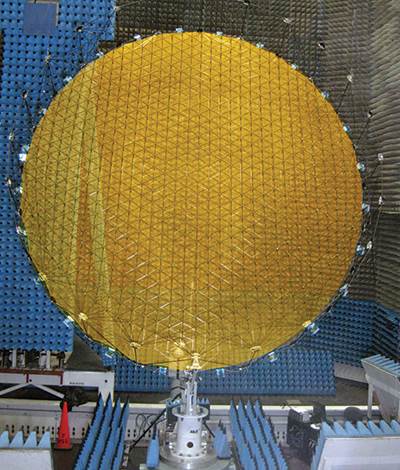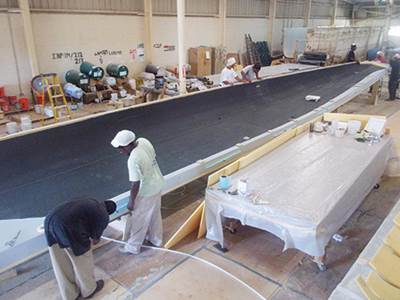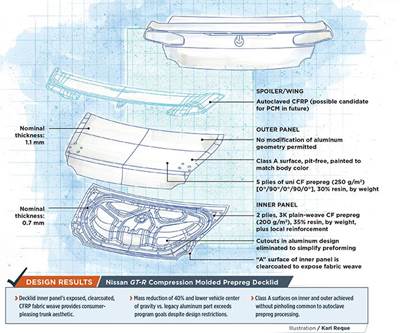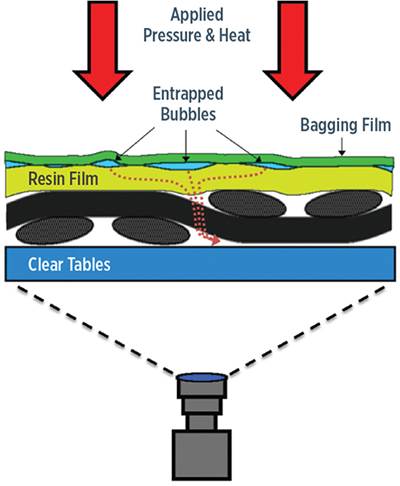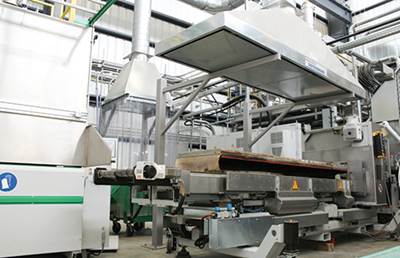Out of Autoclave
Thermoplastic composites: European consortia, galore!
In addition to the Thermoplastic Composites Research Center (TPRC, Enschede, The Netherlands) — see our article focused on TPRC, titled "Thermoplastic composites technology: A view from Europe" under "Editor's Picks, at top right — there are many other European consortia, comprising private industry, university and government entities, which share the goals of exploring composites materials and methods for manufacturing them, including those with thermoplastic matrices. Here's a sampling.
Read MoreIn-orbit-deployable radar dish
Aramid/PEI delivers flexibility, strength and precision for space-based reflector
Read MoreFirst all-carbon yacht a winner
Vacuum infusion with customized fabrics enables demanding yacht build
Read MoreUnderstanding the influence of fiber orientation on structural analysis of fiber-filled parts
The effect of fiber orientation on material properties is a key way the injection molding process impacts mechanical performance. Doug Kenik and Angie Schrader of the Design, Lifecycle & Simulation product group at Autodesk (Waltham, MA, US) illustrates two ways fiber orientation influences the structural behavior of fiber-filled parts and discuss the need for a bi-directional approach to design and analysis.
Read MoreWind turbine blades: Back to the future?
Dayton Griffin, MSc, a senior principal engineer at DNV GL (Seattle, WA, US), considers the challenges that increasing blade length poses for designers/manufacturers in terms of weight mitigation, stiffness optimization, manufacturability and transportability.
Read MorePrepreg compression molding makes its commercial debut
Ultra-thin, preformed laminate designs enable CFRP decklid manufacture at lower-than-expected mass and at cycle times approaching mass-production speed.
Read MoreOut-of-autoclave processing: <1% void content?
Research sheds light on air and air-bubble behavior in OOA aerospace prepregs.
Read MoreCarbon fiber as a replacement for glass fiber in D-LFT auto parts
Research progresses toward attainment of 80-90% of continuous carbon fiber tensile modulus in lighter parts molded from direct long fiber thermoplastic compounds.
Read MoreThe ends will be justified by the means
CW Editor-in-chief Jeff Sloan recalls the one question he's consistently fielded throughout his quarter century in magazine editing and publishing: “Don’t you worry about running out of things to write about?” Here's his answer.
Read MoreGlass/epoxy RTM process yields “four-in-one” auto suspension blade
Hutchison (Levallois Perret, France) caused a stir at JEC Europe with its Trifunctional Auto Suspension.
Read More
